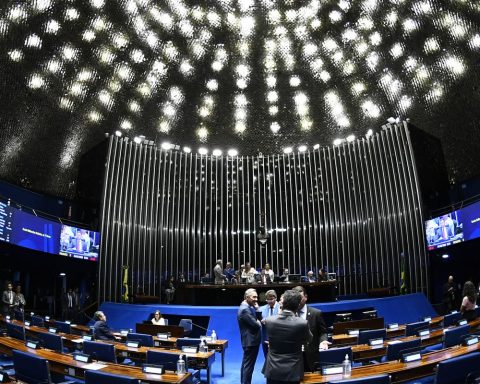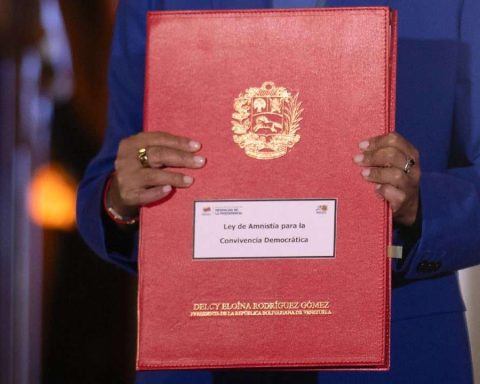The salt water crisis had led a group of Uruguayans to will sue the stateon May 11, demanding the Suspension of the “highly polluted” water intake from the Río de la Plata estuary.
Less than a month later, Judge Pablo Gandini, of the 3rd Turn Administrative Litigation, dismissed that amparo action and justified that “water consumption with the exception parameters authorized by the Ministry of Public Health do not have adverse health effects in moderate amounts to the general population (…) and that the Uruguayan State is doing everything possible within the limits of available resources”.
The twenty Uruguayans who had filed the amparo action —a legal tool that allows rapid treatment of a case when fundamental rights are at stake— argued that “in the purification process, chemical substances that are harmful to human health increase, which that configures a situation of violation of human rights and risk of life. “OSE takes water with Argentine and Uruguayan excrement as an input to later treat it and offer it to the inhabitants of Montevideo and the metropolitan area,” they alleged at the time.
Under this argument, the plaintiffs sought to suspend the intake of water from the river below and seek alternatives. They wanted the interruption of the supply to be ordered by a judge.
Gandini, in addition to attending to the testimonies provided by the parties, summoned the Chair of Gastroenterology at the University of the Republic. Professor Carolina Olano stated: “Digestive pathologies are rare that are affected by sodium consumption and that require restricting daily intake to values between 5 and 6.5 grams in total intake. Considering a recommended consumption of 2 liters of water per day that contains a sodium concentration in the upper limit of what is currently authorized, the daily gram would not be exceeded. In general, sodium salts do not produce digestive symptoms except in concentrations higher than 3g/litre”.
The teacher and researcher argued that “regarding the development of long-term pathologies, no scientific evidence was found that sodium in drinking water causes adverse lesions.” Of course: she clarified that her analysis referred to digestive health (her specialty) and did not issue an opinion on other possible effects that do not affect Gastroenterology.
The judge, in turn, considered that OSE had requested authorization to raise sodium concentration levels, given the historic water crisis that the Institute of Meteorology justified. In this sense, he said that the Ministry of Health and Environment was attentive to the facts, that there was monitoring and specific regulations.
Of course: the magistrate clarified that, as the United Nations says, water is vital and therefore an amparo action is legitimate if any citizen feels violated. He also stressed that the State is the one that must present the evidence that proves that the population is not being affected (what OSE and the rest of the organizations did in this case) and has the responsibility of systematically publishing the information that relates to the right to the consumers.
Now the plaintiffs have three days to decide whether to appeal the ruling.















